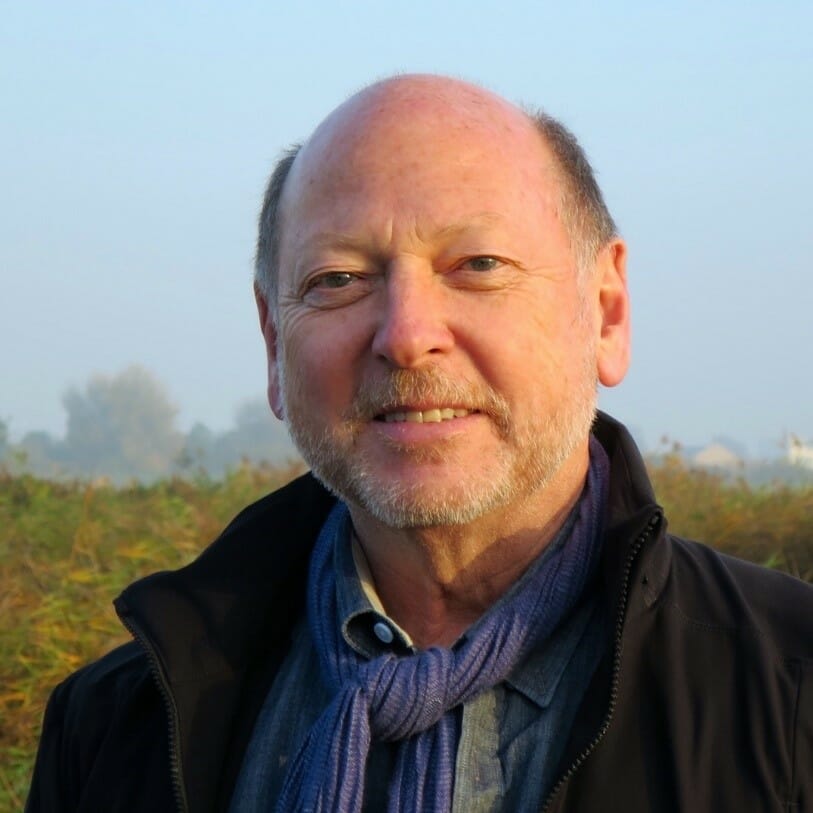Consultant, facilitator, speaker, and educator in business processes, applications, and data.
40 years of international consulting experience helping clients achieve organisational change, improve or transform their business processes, improve their data initiatives through effective, business-friendly concept modelling (conceptual data modelling,) and specify requirements for purchased or custom-built systems to support those processes. Strengths in group facilitation and helping parties with conflicting priorities and objectives reach alignment on major initiatives.
What attracted you to the Business Process field, and why did you choose to pursue this career?
After studying Computing Science, I was pulled into the database field by my first employer, initially as a systems programmer, then as a DBA and DA. In four years, I went out on my own to become a Data Modelling / Data Management consultant, which went really well. Soon, I was facilitating enterprise-wide Subject Area Data Modelling initiatives, which was a whole new thing – uncharted waters in 1983. I did not realise I was actually becoming a facilitator. In 1990, “Business Process Reengineering” burst on the scene with Michael Hammer’s HBR article and book. One of my clients said “Alec, you seem to be pretty good at facilitating cross-functional groups, so we’d like you to facilitate some process reengineering sessions.” I loved the opportunity to learn how things really worked in large, complex (and occasionally dysfunctional) organisations. Since then, I’ve continued to do business process and data modelling work, although many of my clients tell me I am actually in the business change field.
What has been your greatest career accomplishment so far, and why has it been important to your career?
My first thought was “writing workflow modeling” which forced me to understand how I actually do business process change work, and also led to many fascinating assignments. My most important achievement, though, was developing my first course, now called “Business-Oriented Data Modelling.” I currently offer seven introductory and advanced two- or three-day classes on Data Modelling (Concept Modelling,) Business Process Change, Model-Driven Business Analysis, etc. Pre-COVID, companies all around the globe had me come in and teach their people my methods. I often hear from people 10 or 20 years later that my class(es) had a tremendous impact on their career. It is incredibly gratifying. It is also a terrific way to secure new consulting engagements. People see you lead a workshop for two or three days and decide “maybe this guy could help out on our troubled XYZ project.” Finally, having all these workshops has allowed me to make the “transition to virtual,” although it has not been easy! Organisations need help with their processes and data more than ever, so I am actually busier than I have ever been in 40 years of consulting.
What are the two or three biggest challenges you face as a business process change professional, and how can we address them?
I’m not actually facing any particular challenges these days except not having enough time! I think the biggest challenges I see in organisations are:
- Lack of understanding by senior leadership of how important it is for an organisation to understand its end-to-end business processes. (Just like data!)
- People thinking business process change is a detailed, time-consuming, “boil the ocean” undertaking, whereas significant change can take place in agile timeframes, in what I like to describe as “days not months or years.”
- People assuming business process change is a technical undertaking, but it is the human, social, organisational, and political issues that matter most.
In all cases, the best approach is to demonstrate the ideas, and not lecture. (Over 30 years ago, as a consultant, I decided to eliminate the words convince and sell from my vocabulary.)
How do you see business process change evolving in the next 2 – 3 years?
I expect (or hope!) to see more lightweight methods being applied, in a less doctrinaire fashion. The most successful organisations I have seen in the business process space have developed their own methods, based on their culture and competencies, instead of slavishly implementing something like Lean Six Sigma.
Do you have any planned next steps for your career?
Maybe I’ll retire. Ha ha ha! Not likely – I love what I do, and at 68 don’t expect to make any big changes, although the pivot to virtual was certainly challenging. I look forward to the return of in-person work, but expect to be using a hybrid approach, so I will continue to learn and improve my skills in connected teaching and facilitation. I have also really enjoyed acting as an advisor or mentor of sorts for much younger people.
What is the single best piece of advice you have received in your consulting career so far? Why has it been so important to you?
A well-known U.S. consultant told me never to put my name on anything developed for a client such as a report or presentation. It helped me focus on the idea it was the client’s work. I was just the facilitator. Also, people would not be judging my work years later, in a very different time or context. (Second-best piece of advice was from a great client who told me “Never work for less than you’re worth.”)
Can you share something about yourself as a person that people wouldn’t know about you?
I put myself through university playing in blues/rock bands and teaching guitar.
If you have any questions about this interview, or if we can be of any service, please do not hesitate to contact us info@ewsolutions.com







